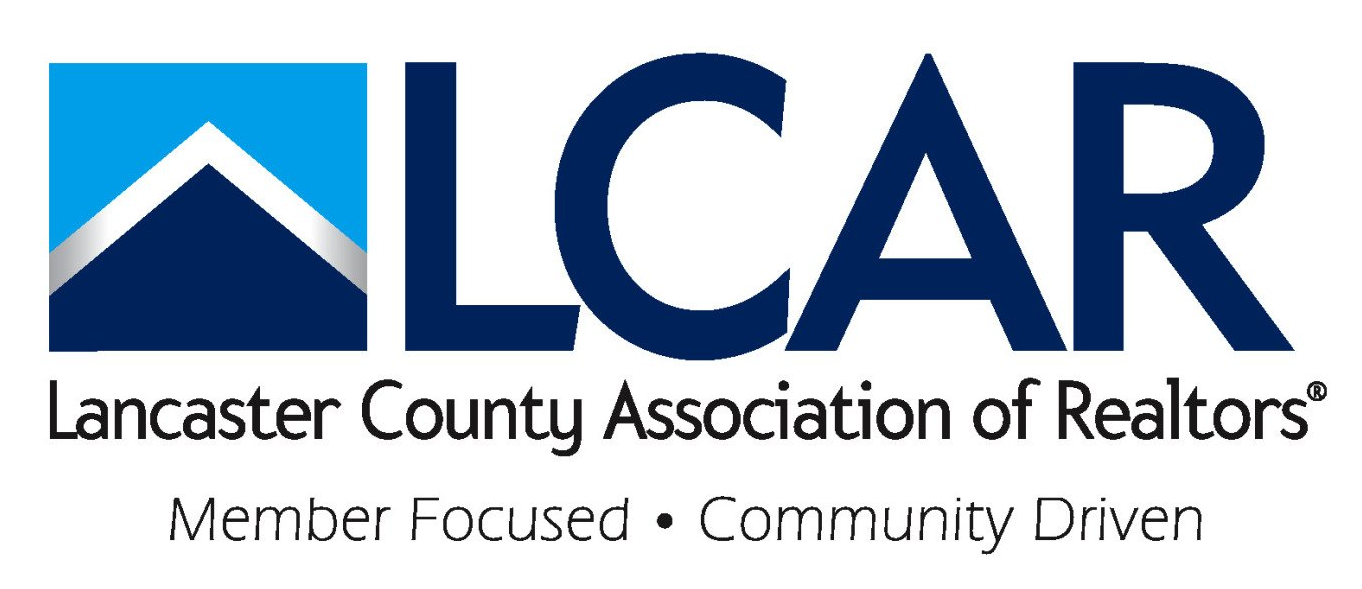Let the Bidding Commence
If you’ve ever attended any type of auction or even watched one on TV, you can feel the energy, excitement, anxiety and thrill as the auctioneer is ripping off words and numbers up to 400 per minute. Compare that to the average of a professional speaker at 150 words per minute, and it can be difficult to follow the bouncing ball.
Participating in an auction to buy a classic floor lamp or some retro collectible can be fun, but what about buying real estate at an auction? Unlike the $50 baseball card, bidding on real estate where a few hundred thousand dollars or more is at stake puts due diligence front and center.
It may be easy to pay that $50 for the baseball card by simply reaching into your pocket, but paying for a house that you are the winning bidder on can offer some additional challenges.
Obviously there are some buyers looking to purchase real estate at an auction who have cash in hand . . . much more than just the $50. Well-capitalized individuals with the needed resources simply pay up when they are the winning bidder, but that doesn’t mean individuals seeking a mortgage to pay for their real estate purchase are just left out in the cold.
Obtaining a mortgage to purchase an auction property is possible; but as the buyer, you need to be well-informed, well-prepared and have a little bit of a thick skin.
Whether looking to purchase a home the traditional way or through an auction, the first and most important step is to have a solid mortgage pre-approval. You truly need to understand your financial qualification and all associated costs plus have the greatest possible certainty that you will be able to obtain the needed mortgage. This is often best achieved with a local mortgage lender who you can have on your speed dial and is reachable within a relatively short period of time. Online lenders half-way across the United States are generally not the best outlet.
When exploring an auction property, you need to obtain information regarding the terms of the sale. The terms should spell out what is expected of the winning bidder relating to the initial deposit, costs and fees the buyer is responsible for, expectations of the timeline to finalize the transaction and any other important details pertaining to the transfer of ownership. In most cases the buyer is 100 percent responsible for understanding all details and adhering to them if they are the winning bidder.
Upon winning the bid, you will need to provide an initial cash deposit usually equal to at least 10 percent of the purchase price. This is usually required within a few days of the auction and would need to be certified funds — a cashier’s check or bank check. This initial deposit is usually NON-REFUNDABLE and will be applied to your total costs at closing.
In most cases the transaction would need to be completed within 30 to 45 days. This should be spelled out in the terms; but this means if you are obtaining a mortgage, you should let your lender know immediately that you were the winning bidder so they can get to work on their end. Typically the mortgage process would be the same as a traditional purchase — completed application, provide updated personal documents, appraisal, underwiring, title, closing.
Another key point to keep in mind when obtaining a mortgage for an auction property is that your purchase is generally “as-is” — meaning the home needs to be in suitable condition to obtain mortgage financing. Getting a government-insured mortgage such as VA, FHA or USDA Rural Housing is probably not the best idea for an auction property purchase as they have additional property condition requirements that an auction seller is not going to address. Even with conventional mortgage financing, you still want to be aware of potential issues such as the roof and any leakage, foundation or structural issues or incomplete renovations just to name a few areas of concern. Outdated shaggy carpet or a Brady Bunch era kitchen should not be a concern.
Be aware of what costs tied to the auction purchase fall completely on the winning bidder. This should be spelled out in the terms of the sale, but one example of the most common cost surprise is the transfer tax. Generally speaking the 2 percent transfer tax with the sale of real estate is split evenly between the buyer and seller. With an auction purchase, the buyer most always pays the full 2 percent. The auctioneer’s commission to sell the property can be as high as 4 percent of the winning bid; and again, the winning bidder could be on the hook for that as well.
Going down the path of obtaining mortgage financing for an auction purchase can be easily achieved with proper planning and preparedness for perhaps a few curve balls along the way. Partnering with a mortgage lender who has some experience financing auction properties can help the process be a bit smoother. That 10 percent deposit isn’t coming back to you, and the seller and the auctioneer are generally not going to care if you didn’t understand the details. If they provided accurate information and it was fully disclosed in the terms of the sale, the seller has the advantage.
Dan Ranck, HomeSale Mortgage, LLC
Mortgage Loan Originator
NMLS #140989
Direct: (717) 271-2400 / efax: (866) 849-4320
dan.ranck@homesalemortgage.com / www.danranck.com
Facts, opinions and information expressed in the Closing Comments Blog represent the work of the author and are believed to be accurate, but are not guaranteed. The Lancaster County Association of Realtors® is not liable for any potential errors, omissions or outdated information. If errors are noted within a post, please notify the Association. Posts represent the author’s opinion and are not necessarily the opinion of the Association.












